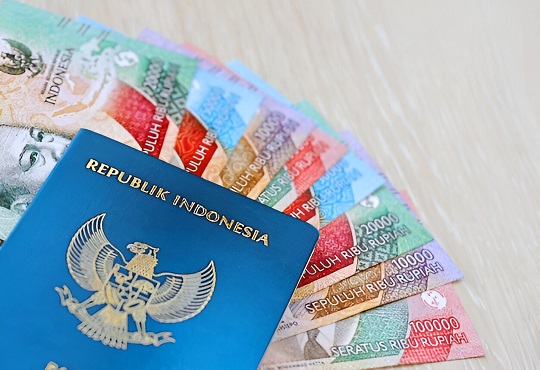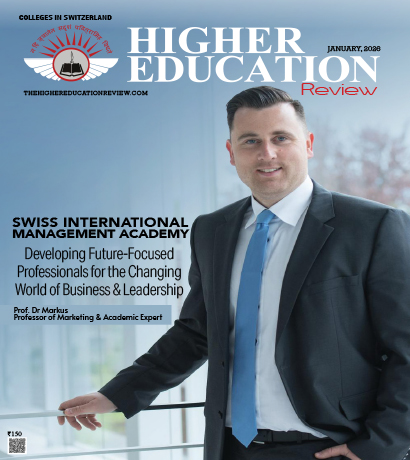Indonesia Launches New Visa for Non-Formal Education Programs

- New E30 visa allows foreigners to study language or skills courses in Indonesia for 1–2 years.
- Formal education visas (E30A & E30B) are now valid for up to 4 years.
- Policy aims to boost Indonesia’s global competitiveness via education.
Foreign nationals looking to enroll in language classes or skill-based training in Indonesia can now apply for a new limited stay visa starting July 15. The policy, launched by Indonesia’s Directorate General of Immigration, broadens access to non-formal educational routes with stay lengths of 1 to 2 years under the E30 visa category.
The visa is aimed at non-nationals wishing to pursue studies outside conventional academic settings, including language courses, vocational training, or various informal education options.
“Applications for non-formal education visas are submitted online through evisa.imigrasi.go.id,” said Yuldi Yusman, Acting Director General of Immigration. “To apply for this visa, foreign nationals need to have a guarantor. The guarantor can be an individual or the targeted non-formal educational institution,” he added, as quoted by Antara.
To apply, foreign nationals are required to provide a passport with a minimum validity of six months, proof of sufficient living funds amounting to at least US$2,000, and a recent color photograph. The visa fees are set at Rp 6 million (approximately ₹31,000) for a one-year stay and Rp 8.5 million (around ₹45,000) for a two-year stay.
Also Read: UK eVisas Replace Physical Stickers for Students from July 15
Simultaneously, the immigration office has revamped its formal education visa framework. Stay durations for primary-secondary (E30A) and higher education (E30B) visas are now increased to a maximum of four years, in contrast to the previous limit of two years. Applicants in these categories may also receive sponsorship from individuals or their organizations.
The formal visa for 4 years costs Rp 12 million (about Rs 63,000), while the fees for the 1- and 2-year options are unchanged from the non-formal program.
“We hope this policy will open more opportunities for foreign nationals who want to develop themselves through education in Indonesia, both formal and non-formal,” Yuldi said. “This is also a strategic step to support Indonesia’s competitiveness on the global stage through the education sector.”

